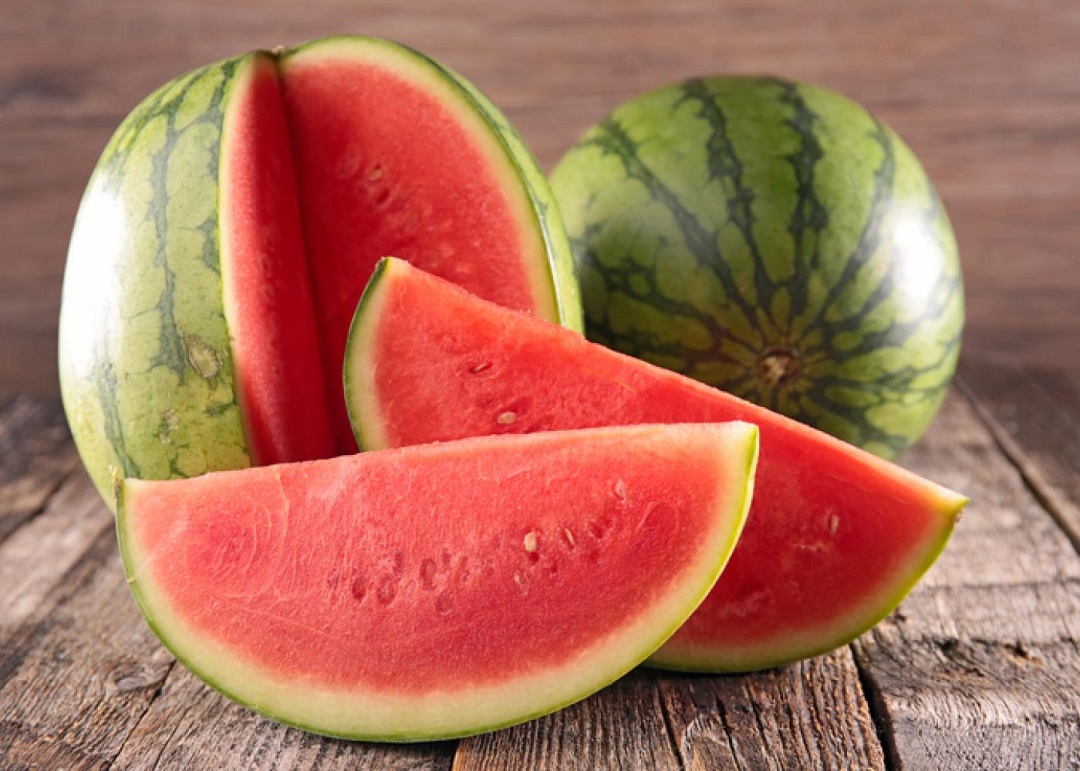Watermelon, with its juicy sweetness and vibrant color, is not only a refreshing summer treat but also a nutritious addition to your diet. This iconic fruit is beloved for its high water content, but there’s much more to watermelon nutrition than meets the eye. Let’s dive into the juicy details and explore the health benefits of this summertime favorite.
The Nutritional Profile of Watermelon
Despite its name, watermelon is not just water. It’s packed with essential vitamins, minerals, and antioxidants that contribute to overall health and well-being.
Hydration
As its name suggests, watermelon is incredibly hydrating, making it an excellent choice for staying hydrated on hot summer days. With its high water content and electrolytes like potassium, watermelon helps replenish fluids lost through sweating and keeps you feeling refreshed and energized.
Vitamins and Minerals
Watermelon is a good source of several vitamins and minerals, including:
- Vitamin C: Known for its immune-boosting properties, vitamin C helps support a healthy immune system, promotes collagen production, and aids in wound healing.
- Vitamin A: Important for vision health, vitamin A plays a role in maintaining healthy eyesight, skin, and mucous membranes.
- Potassium: Essential for proper muscle function, nerve transmission, and fluid balance, potassium helps regulate blood pressure and heart rhythm.
Antioxidants
Watermelon contains antioxidants such as lycopene, beta-carotene, and cucurbitacin E, which help neutralize free radicals, reduce inflammation, and protect cells from damage. Lycopene, in particular, has been linked to a reduced risk of certain cancers and cardiovascular disease.
Fiber
While watermelon is not particularly high in fiber compared to other fruits, it still provides a small amount of dietary fiber, which supports digestive health, promotes regularity, and helps prevent constipation.
Health Benefits of Watermelon
In addition to its refreshing taste, watermelon offers several health benefits:
- Heart Health: The antioxidants and potassium in watermelon help lower blood pressure, reduce cholesterol levels, and improve overall heart health, reducing the risk of heart disease and stroke.
- Hydration: Watermelon’s high water content helps keep you hydrated, supporting proper hydration levels and preventing dehydration, especially during hot weather or physical activity.
- Skin Health: The vitamins A and C in watermelon promote healthy skin by supporting collagen production, protecting against sun damage, and reducing signs of aging such as wrinkles and dryness.
- Exercise Performance: Some research suggests that consuming watermelon or its juice before exercise may help improve athletic performance, reduce muscle soreness, and enhance post-exercise recovery, thanks to its hydrating properties and amino acid content.
- Weight Management: With its low calorie and fat content, watermelon can be a satisfying, guilt-free snack for those watching their weight. Its high water and fiber content help promote satiety and prevent overeating.
How to Enjoy Watermelon
Watermelon is incredibly versatile and can be enjoyed in various ways:
- Fresh: Eat it plain or cut into slices for a refreshing snack or dessert.
- Smoothies: Blend watermelon with other fruits, yogurt, or coconut water for a hydrating and nutritious smoothie.
- Salads: Add cubed watermelon to salads for a burst of sweetness and color.
- Sorbet: Freeze watermelon chunks and blend them into a delicious and guilt-free sorbet.
- Grilled: Grill watermelon slices for a unique and savory-sweet flavor experience.
FAQs (Frequently Asked Questions)
Is watermelon fattening?
No, watermelon is not fattening. It is naturally low in calories and fat, making it a healthy choice for those watching their weight. However, moderation is key, as excessive consumption of any food can contribute to weight gain.
Can you eat watermelon seeds?
Yes, watermelon seeds are edible and nutritious. They are rich in protein, healthy fats, and micronutrients like iron, magnesium, and zinc. You can roast watermelon seeds for a crunchy snack or use them in recipes.
Does watermelon have any side effects?
While watermelon is generally safe for most people to consume, eating large quantities may cause gastrointestinal discomfort, such as bloating or diarrhea, due to its high water and fiber content. Additionally, individuals with certain medical conditions, such as diabetes, should monitor their intake of high-sugar fruits like watermelon.
Can you freeze watermelon?
Yes, you can freeze watermelon for later use. Simply cut the watermelon into cubes or slices, remove the seeds if desired, and place them in a single layer on a baking sheet lined with parchment paper. Once frozen, transfer the watermelon pieces to a resealable bag or container and store them in the freezer for up to six months.
Is watermelon good for hydration?
Yes, watermelon is excellent for hydration due to its high water content, electrolytes like potassium, and refreshing taste. Eating water-rich fruits like watermelon can help replenish fluids lost through sweating and keep you hydrated, especially during hot weather or exercise.
In conclusion, watermelon is not only a delicious and refreshing fruit but also a nutritious addition to your diet. Whether you enjoy it fresh, blended into smoothies, or incorporated into savory dishes, watermelon offers a wide range of health benefits and culinary possibilities.




